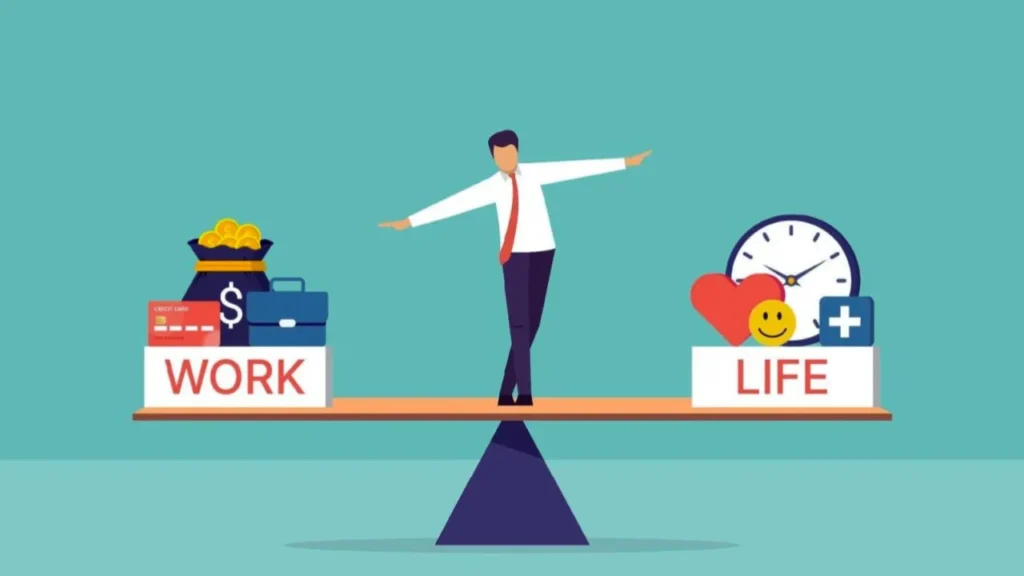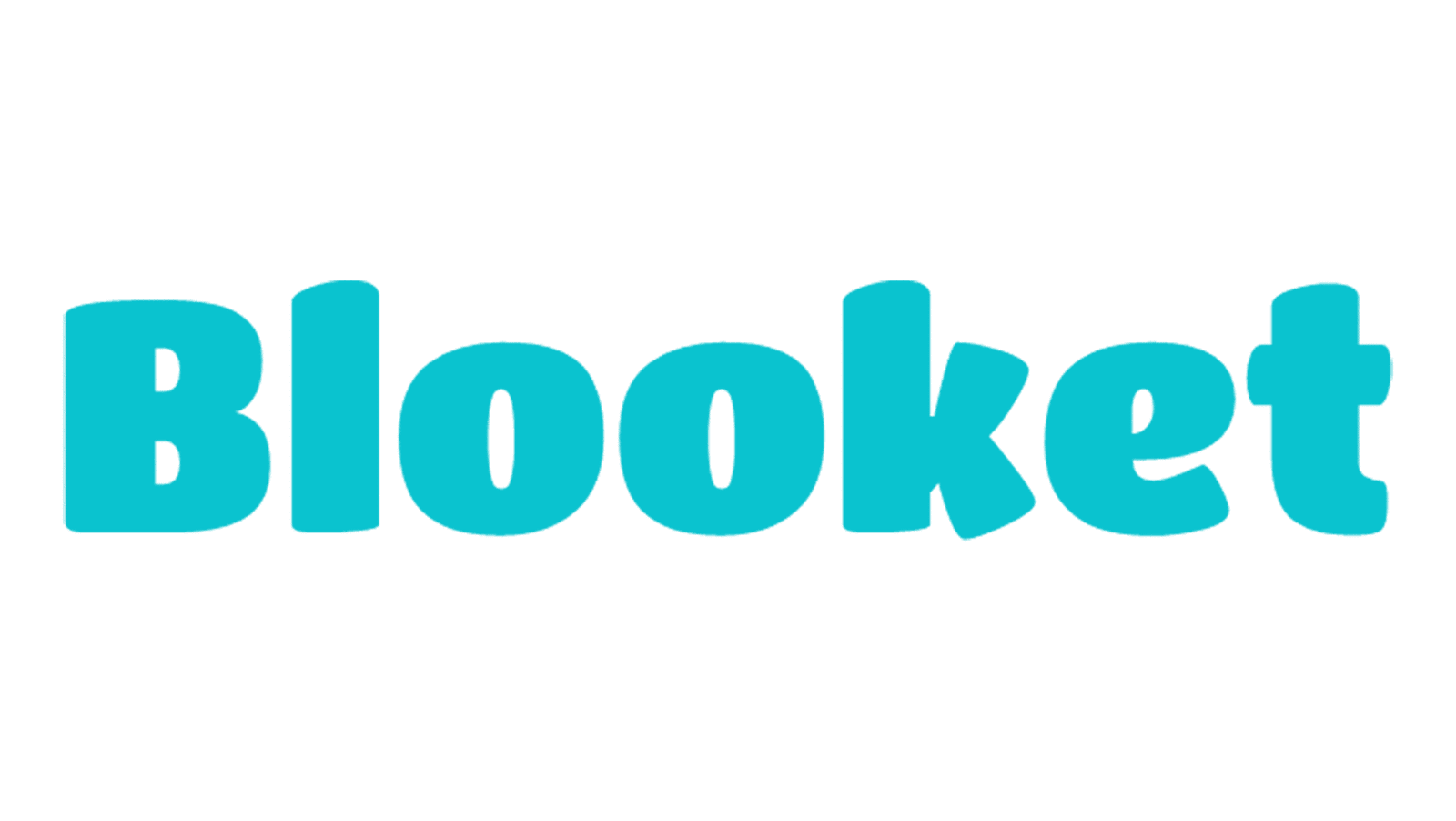Starting a new job is one of the most transformative phases in a person’s life. It is a pivotal moment that influences daily routines, personal priorities, social habits, and long-term goals. While some changes happen subtly over time, others are immediate and intense. This shift can be both exciting and overwhelming as people adjust to their new professional and personal realities.
Lifestyle Aspects Affected After Starting a Job
| Aspect | Before Starting a Job | After Starting a Job |
| Daily Routine | Flexible, spontaneous | Structured, fixed schedules |
| Financial Habits | Limited budgeting | Active salary management |
| Social Life | More spontaneous meetups | Planned social engagements |
| Health Focus | Variable fitness routines | Need for strict work-life-health balance |
| Mental Well-being | Less job-related stress | Increased responsibility and pressure |
Major Lifestyle Changes Post-Employment
One of the first and most noticeable lifestyle changes after starting a job is the transition from flexible daily schedules to rigid, structured routines. Instead of waking up whenever one pleases, work commitments dictate wake-up times, meal schedules, and even weekend activities. Managing time efficiently becomes crucial to maintain personal and professional balance.
Financial Planning and Budgeting
Having a steady income brings a sense of financial security, but also introduces new responsibilities. People move from surviving on allowances, scholarships, or parental support to creating budgets for rent, groceries, transportation, and savings. There is often an initial thrill of spending, followed by a realization that wise financial planning is essential for long-term stability.
Impact on Personal Health and Wellness
Health routines tend to change significantly after starting full-time work. Many individuals notice a drop in their physical activity levels due to sedentary jobs and busy schedules. Others might experience sleep disturbances, dietary changes, and higher stress levels. Building a new fitness regimen that fits within a working day becomes essential.
Changes in Social Interactions and Relationships

While friendships in school or college might have thrived on shared free time, working life requires more deliberate effort to maintain relationships. Weekend catch-ups, planned vacations, and shorter meet-ups replace the carefree hangouts of earlier days. Balancing work commitments with maintaining social connections becomes a new skill.
New Challenges After Starting a Job
| Challenge | How It Affects Lifestyle |
| Commuting Time | Reduces free time for hobbies and rest |
| Workplace Stress | Impacts mental health and emotional energy |
| Professional Development | Continuous learning demands outside work hours |
| Balancing Personal Goals | Requires prioritization and sacrifice |
| Career Ambitions vs Family Time | Potential source of inner conflict |
Developing a New Sense of Identity
Starting a job often changes how individuals perceive themselves and their roles within society. Many people find pride and purpose in their professional achievements, while others struggle to balance this new identity with their pre-job aspirations. Self-worth, confidence, and life priorities are frequently re-evaluated during this transition.
Work-Life Balance: A Constant Struggle
Initially, many individuals find themselves over-committing to work in a bid to prove themselves. Over time, individuals learn to set boundaries, manage expectations, and allocate time for family, hobbies, and self-care. Achieving a harmonious work-life balance remains a moving target for most people.
Changes in Long-Term Goals and Dreams
Career beginnings often influence future ambitions. Some people realize their career path aligns perfectly with their dreams, while others encounter harsh realities that lead them to pivot. Career planning, further education, or entrepreneurial dreams often stem from the first few years of professional experience.
Mental Health and Emotional Growth
Professional life brings challenges like difficult colleagues, high expectations, and competitive environments. Navigating these experiences fosters emotional resilience, patience, and better coping mechanisms. However, if unchecked, prolonged stress can lead to anxiety, depression, or burnout, making mental health care a vital part of adult life.
Newfound Appreciation for Personal Time
With packed workdays, individuals begin to cherish their time more deeply. Small joys like reading a book, going for a walk, or spending quality time with loved ones gain immense importance. Managing work pressures while protecting personal time becomes an art.
Career Satisfaction and Personal Fulfillment
Satisfaction with the job can significantly impact overall lifestyle happiness. A fulfilling job positively influences energy levels, relationships, and personal confidence. On the flip side, dissatisfaction can drain motivation and affect every aspect of personal life.
Physical and Psychological Adaptations
Adapting physically to new job demands, whether it’s sitting for long hours, adjusting to night shifts, or managing physically demanding tasks, brings its challenges. Psychologically, handling criticisms, meeting deadlines, and navigating office politics shape a person’s emotional responses.
Lifestyle Flexibility: A Dream or Reality?
While some professions offer flexible working conditions, others require strict schedules and attendance. Remote work trends have slightly shifted the landscape, providing options for better life balance. However, not all careers allow this flexibility, keeping the traditional challenges alive.
Personal Growth Beyond Career Success
Starting a job pushes people to develop life skills beyond professional expertise. Skills such as conflict resolution, time prioritization, empathy, and emotional intelligence often get sharpened through real-world experiences. This kind of growth continues to influence lifestyle choices for years to come.
Wrapping Up
Starting a job is not just a professional milestone; it is a personal evolution. The way it reshapes a person’s daily life, mental framework, relationships, and long-term goals is profound. While challenges are inevitable, so are the opportunities for growth, learning, and self-fulfillment. Navigating this life phase with awareness, planning, and resilience can make the journey rewarding and deeply enriching.
FAQs
How does starting a job affect daily routines?
Starting a job usually means waking up earlier, structuring activities around work hours, and dedicating specific time slots for meals, exercise, and relaxation. Flexible free time becomes a rarity, and managing a tight schedule becomes a necessity. Establishing a sustainable routine helps in coping with work demands while preserving health and energy.
Does starting a job impact personal relationships?
Yes, it does. Work responsibilities often consume significant time and energy, making spontaneous hangouts rare. Maintaining friendships and family relationships requires deliberate planning and effort. Communication becomes more scheduled, and prioritizing meaningful relationships becomes essential for emotional well-being.
How can starting a job influence mental health?
The transition into professional life brings new pressures, deadlines, and expectations that can strain mental health. While success can boost confidence, constant stress without proper coping mechanisms can lead to anxiety or burnout. Developing self-care routines and seeking support when needed are crucial.
What financial changes happen after starting a job?
Having a salary shifts spending habits from dependency to self-sustenance. Budgeting for rent, bills, savings, investments, and emergencies becomes important. Financial independence also introduces responsibilities like managing debts, planning for future goals, and building a safety net.
How do health habits change after employment begins?
Busy schedules often lead to less time for exercise, irregular meals, and disrupted sleep patterns. Stress can affect eating habits and fitness levels. Being mindful of diet, physical activity, and relaxation is critical to maintaining health amid a busy professional life.
Can starting a job change a person’s priorities?
Absolutely. Professional responsibilities often shift focus from carefree living to structured goal achievement. Career ambitions, financial planning, personal development, and even family planning begin to influence daily decisions. Prioritizing wisely helps in achieving a satisfying life balance.
Is work-life balance achievable after starting a job?
While challenging, work-life balance is achievable with conscious effort. Setting boundaries, effective time management, saying no to unnecessary demands, and nurturing personal passions all contribute to creating a balanced lifestyle. Flexibility, patience, and regular self-assessment help in maintaining this balance over time.

